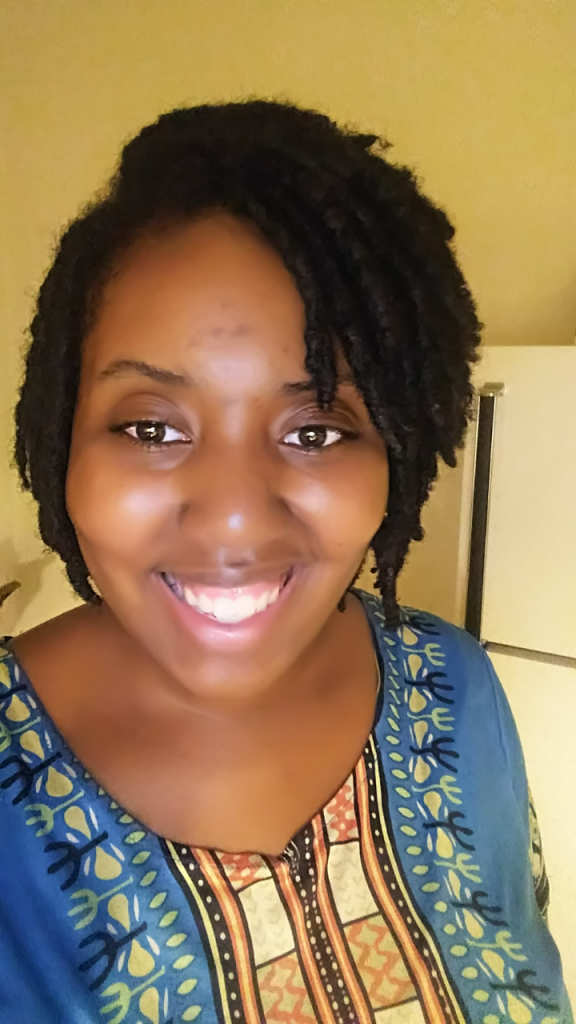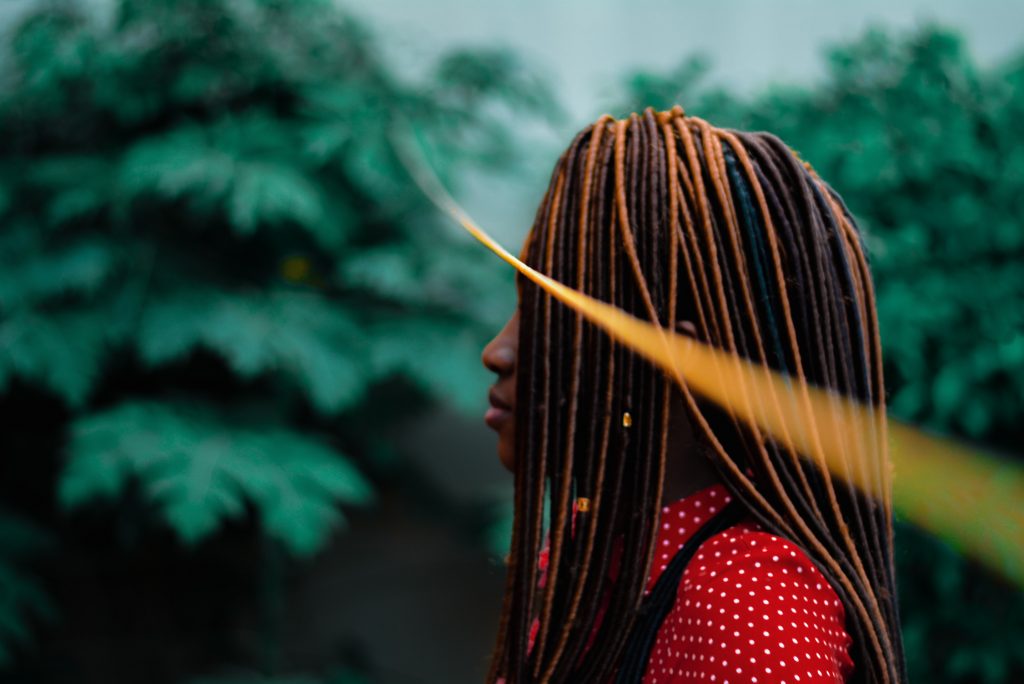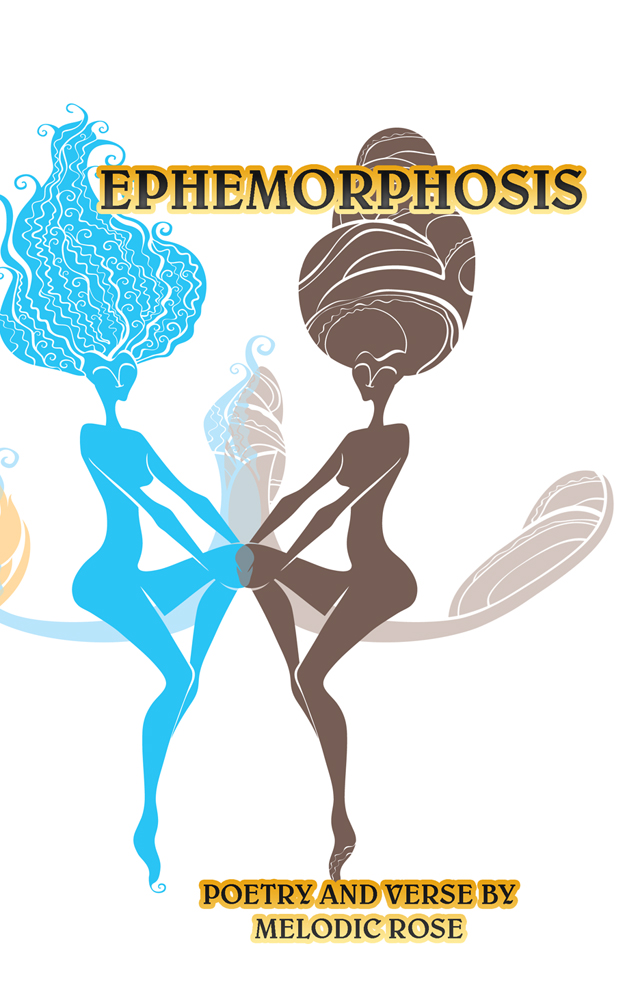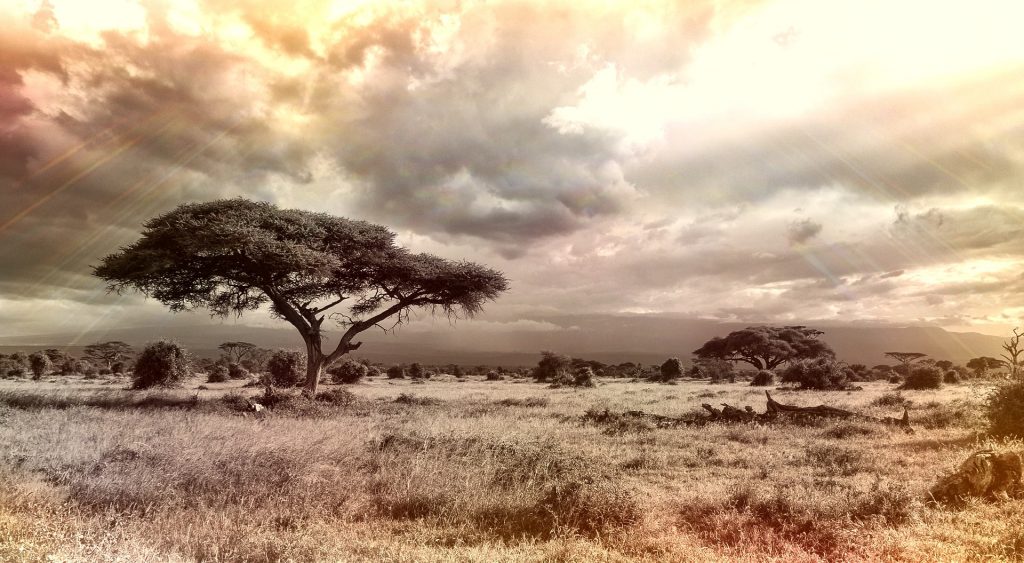Everyone has a story to tell; each one of us a writer of poetry – some, without even realising. That stream of consciousness that runs in our veins? It’s poetry waiting to be written. We believe in the power of words, and that power is what urged us set up PoetsIN.
It’s because of those inner streams, that we bring you this regular interview feature, Writer Profiles. An interview with a writer. Some you’ll know, some you won’t.
This week it’s a lovely human that goes by two names, one of which is Camelia.
Sit back, grab yourself pasta and sherry and read this week’s writer profile.

The lovely writer Melodic Rose
Who are you and what do you do?
As a writer I am Melodic Rose.
As a friend, daughter, woman, sister I am also called Camellia.
What is your relationship with words and how has that evolved?
My relationship with words honestly began before I started to write. My mother is infused my childhood with stories, reading anything that she could find, the Berenstain bears, Junie B. Jones and when there were no more books to read, she often created these stories out of thin air or told me about her childhood on the island of Trinidad. I came to appreciate my family history and in some ways, these were my favourite. Of all the stories my mother ever told me, the ones that had the most significance for me were the memories of her childhood growing up in Trinidad. I was born In Canada and hearing her speak of the rain falling on the galvanised roofs, My grandfather sitting on the front steps with his newspaper, the sound of the steel pan during Christmas time, the scent of curry rising from the pot, all of these evoked a very real sense of longing as well as a connection for home.

Growing up as a black child, in a neighbourhood where literally no one looks like you, had a deep impact on my psyche and I struggled for many years to find my identity as a black woman. I tried to understand just where I fit into the grand scheme of the Canadian landscape. The nuances of race of so complex and the truth is that to be anything other than the mainstream makes your existence a political experience. In recent years I have found myself attached to the Rastafari movement. Although I would not say that I hold onto every doctrine that the movement has to offer, I do see something beautiful and rich conveyed within its message. The ability to be proud of who I am and see beauty in the culture that I was once taught to be ashamed of. To be passionate about diving into my history and then sharing the lessons that I learn with other people.

I have found myself attached to the Rastafari movement.
How long have you been writing, what is your favourite style of writing and why?
I began to write at ten years old. I love free-form poetry. It’s always been difficult for me to stay within the lines and free-form has given me the most elegant way to express myself. Part of the reason why I never enjoyed taking poetry classes in school, I always came away with the sense that by over analysing the content on the page and dissecting every word choice and colour, essentially it removing the very soul of the piece. That emotional centre that is meant to reach the reader at the deepest level possible. I think of poetry as a meal, when you eat a dish for the first time and the flavors explode across your tongue, you may take your time to bite and chew but how often do you spend the time trying to identify every single spice in every bite? If you did I don’t think you would enjoy the moment as much as if you just focused on the experience as it happened. This may not always be the case, but this is my experience.
Many of us within this group have experienced times where writing has helped us overcome times of pain, describe the first time you realised the truth of the power of words
I remember hearing the late poet Maya Angelou tell her story about a moment in her life where she had succumbed to select mutism. Her inability to grapple with the trauma in her life had rendered her to silence for a number of years and for the longest time she would not speak. When I heard this story, I felt it as deeply as if it had come out of my own mouth. I knew exactly what she was talking about. At the age of 5, I became wrapped up inside of my heart and mind. My voice felt as if it were trapped inside of a cage and I could not release it. I could speak but my fear of the unknown, especially how people would perceive my words became the greatest obstacle in my life. I could sit with someone for nearly three hours and barely utter a sentence to them. In my life, I have experienced deep sorrow and sadness. I understand betrayal because it has happened to me far more than I can count. In many cases life required me to face the eye of the storm on my own and every time I came through these experiences and it did not break me, did my voice become stronger and stronger, until I was no longer afraid of it but I truly began to see it for the superpower it really is.
Many writers love to read. What is your favourite book and why?
This is so hard to answer! I would say The Angels game by Carlos Ruiz Zafon. It’s really the second book in a series called the cemetery of forgotten books but because it was the first Zafon novel I had ever read, It has remained with me for years. The story, the emotion, the way he is able to evoke these dark atmospheric scenes. Reading his book was like an experience for me. I loved it so much I went out and bought the audio-book, just so I could hear the story all over again.

The Angel’s game by Carlos Ruiz Zafon
Sum up yourself in a haiku or micropoem.
“I am a supernova
Still learning how
To breathe.”
We all have moments where we truly connect with the words we read. What quote inspires you the most. Why?
“Until the philosophy which holds one race superior and another inferior is finally and permanently discredited and abandoned, everywhere is war. And until there are no longer first-class and second-class citizens of any nation, until the colour of a man’s skin is of no more significance than the colour of his eyes. And until the basic human rights are equally guaranteed to all without regard to race, there is war. And until that day, the dream of lasting peace, world citizenship, rule of international morality, will remain but a fleeting illusion to be pursued, but never attained… now everywhere is war.” The emperor of Ethiopia Hailee Selassie closed his address to the united nations with this quote.
I love it because it reminds us that we are all global citizens on this planet and that we must take care of each other. Learning to see into each others hearts and communicate on a level that goes beyond race, sex skin colour, gender and all manner of labels and boxes that we use to distinguish each other. The great utopia that humanity has been seeking since time immemorial can only become a reality when this vision for the future includes every single person. Ultimately this is the message that I hope to communicate through my writing.

Melodic Rose’s book
Describe your writing process?
At the heart of what I do, I see myself as a storyteller and a messenger. Although I may use poetry or even fiction to convey this, I draw influences from all over the place. Religious texts, history books, movies, the people I see on the street, the situations that I have encountered and my emotional responses to them. I like to find the humanity in everything that I see and channel this onto the paper. These days I tend to wake up at 5 am before my kids get up, so I can spend two hours writing before my day starts and I become preoccupied with other things. I keep a lot of notes of the ideas that often jump into my mind, so I can reference them later. I have never been one to write in a linear fashion and when it comes to fiction I often have to write my story out of order. I feel that I am filling in the pieces to a Puzzle as I go along. I must have some form of music going in order to get into that creative space. A large part of this comes from the fact that I play the piano.

Writers block is 100 percent real.
Writer’s block, real or a myth?
Writers block is 100 percent real.
I’ve found that writer’s block is essentially more of an emotional block. We write from what we feel and when we lose touch with our heart, it can be very difficult to produce anything for the page. For the same reason that pain can be the greatest catalyst when it comes to creativity, someone who has experienced deep loss or tragedy can be so overwhelmed by the emotion that it creates a deep void and in this void, the need to pull these words out of us, can be absolutely draining and exhausting.
What is your favourite word?
Ephemorphosis 🙂
Finish this sentence: “Words are the epitome of…”
“Words are the epitome of creation and dwelling place of God.”

Hopefully I can remove some of the ignorance surrounding the African continent and the black race in general.
What’s next for you?
This year I went back to writing fiction. Something that I had always loved but put away for the longest time. I don’t know when this project will be completed but it’s a multi-generational novel that spans 100 years of history in a fictional Rastafarian kingdom and will look at the impact colonialism has had on the African diaspora. Hopefully I can remove some of the ignorance surrounding the African continent and the black race in general.
Do you have any social media or presence online that you’d like to share?
Yes I’m on Instagram @Melodicrose1 and have a poetry chapbook that was published in 2015 called Ephemorphosis. Click this link to purchase it.
If you, too, are a writer and like what we do at PoetsIN, then get in touch to talk to us about being interviewed yourself. Drop us an email on paul@poetsin.com
Please follow and like us:
Everyone has a story to tell; each one of us a writer of poetry – some, without even realising. That stream of consciousness that runs in our veins? It’s poetry waiting to be written. We believe in the power of words, and that power is what urged us set up PoetsIN.
It’s because of those inner streams, that we bring you this regular interview feature, Writer Profiles. An interview with a writer. Some you’ll know, some you won’t.
This week it’s a lovely human that goes by two names, one of which is Camelia.
Sit back, grab yourself pasta and sherry and read this week’s writer profile.
The lovely writer Melodic Rose
Who are you and what do you do?
As a writer I am Melodic Rose.
As a friend, daughter, woman, sister I am also called Camellia.
What is your relationship with words and how has that evolved?
My relationship with words honestly began before I started to write. My mother is infused my childhood with stories, reading anything that she could find, the Berenstain bears, Junie B. Jones and when there were no more books to read, she often created these stories out of thin air or told me about her childhood on the island of Trinidad. I came to appreciate my family history and in some ways, these were my favourite. Of all the stories my mother ever told me, the ones that had the most significance for me were the memories of her childhood growing up in Trinidad. I was born In Canada and hearing her speak of the rain falling on the galvanised roofs, My grandfather sitting on the front steps with his newspaper, the sound of the steel pan during Christmas time, the scent of curry rising from the pot, all of these evoked a very real sense of longing as well as a connection for home.
Growing up as a black child, in a neighbourhood where literally no one looks like you, had a deep impact on my psyche and I struggled for many years to find my identity as a black woman. I tried to understand just where I fit into the grand scheme of the Canadian landscape. The nuances of race of so complex and the truth is that to be anything other than the mainstream makes your existence a political experience. In recent years I have found myself attached to the Rastafari movement. Although I would not say that I hold onto every doctrine that the movement has to offer, I do see something beautiful and rich conveyed within its message. The ability to be proud of who I am and see beauty in the culture that I was once taught to be ashamed of. To be passionate about diving into my history and then sharing the lessons that I learn with other people.
I have found myself attached to the Rastafari movement.
How long have you been writing, what is your favourite style of writing and why?
I began to write at ten years old. I love free-form poetry. It’s always been difficult for me to stay within the lines and free-form has given me the most elegant way to express myself. Part of the reason why I never enjoyed taking poetry classes in school, I always came away with the sense that by over analysing the content on the page and dissecting every word choice and colour, essentially it removing the very soul of the piece. That emotional centre that is meant to reach the reader at the deepest level possible. I think of poetry as a meal, when you eat a dish for the first time and the flavors explode across your tongue, you may take your time to bite and chew but how often do you spend the time trying to identify every single spice in every bite? If you did I don’t think you would enjoy the moment as much as if you just focused on the experience as it happened. This may not always be the case, but this is my experience.
Many of us within this group have experienced times where writing has helped us overcome times of pain, describe the first time you realised the truth of the power of words
I remember hearing the late poet Maya Angelou tell her story about a moment in her life where she had succumbed to select mutism. Her inability to grapple with the trauma in her life had rendered her to silence for a number of years and for the longest time she would not speak. When I heard this story, I felt it as deeply as if it had come out of my own mouth. I knew exactly what she was talking about. At the age of 5, I became wrapped up inside of my heart and mind. My voice felt as if it were trapped inside of a cage and I could not release it. I could speak but my fear of the unknown, especially how people would perceive my words became the greatest obstacle in my life. I could sit with someone for nearly three hours and barely utter a sentence to them. In my life, I have experienced deep sorrow and sadness. I understand betrayal because it has happened to me far more than I can count. In many cases life required me to face the eye of the storm on my own and every time I came through these experiences and it did not break me, did my voice become stronger and stronger, until I was no longer afraid of it but I truly began to see it for the superpower it really is.
Many writers love to read. What is your favourite book and why?
This is so hard to answer! I would say The Angels game by Carlos Ruiz Zafon. It’s really the second book in a series called the cemetery of forgotten books but because it was the first Zafon novel I had ever read, It has remained with me for years. The story, the emotion, the way he is able to evoke these dark atmospheric scenes. Reading his book was like an experience for me. I loved it so much I went out and bought the audio-book, just so I could hear the story all over again.
The Angel’s game by Carlos Ruiz Zafon
Sum up yourself in a haiku or micropoem.
We all have moments where we truly connect with the words we read. What quote inspires you the most. Why?
“Until the philosophy which holds one race superior and another inferior is finally and permanently discredited and abandoned, everywhere is war. And until there are no longer first-class and second-class citizens of any nation, until the colour of a man’s skin is of no more significance than the colour of his eyes. And until the basic human rights are equally guaranteed to all without regard to race, there is war. And until that day, the dream of lasting peace, world citizenship, rule of international morality, will remain but a fleeting illusion to be pursued, but never attained… now everywhere is war.” The emperor of Ethiopia Hailee Selassie closed his address to the united nations with this quote.
I love it because it reminds us that we are all global citizens on this planet and that we must take care of each other. Learning to see into each others hearts and communicate on a level that goes beyond race, sex skin colour, gender and all manner of labels and boxes that we use to distinguish each other. The great utopia that humanity has been seeking since time immemorial can only become a reality when this vision for the future includes every single person. Ultimately this is the message that I hope to communicate through my writing.
Melodic Rose’s book
Describe your writing process?
At the heart of what I do, I see myself as a storyteller and a messenger. Although I may use poetry or even fiction to convey this, I draw influences from all over the place. Religious texts, history books, movies, the people I see on the street, the situations that I have encountered and my emotional responses to them. I like to find the humanity in everything that I see and channel this onto the paper. These days I tend to wake up at 5 am before my kids get up, so I can spend two hours writing before my day starts and I become preoccupied with other things. I keep a lot of notes of the ideas that often jump into my mind, so I can reference them later. I have never been one to write in a linear fashion and when it comes to fiction I often have to write my story out of order. I feel that I am filling in the pieces to a Puzzle as I go along. I must have some form of music going in order to get into that creative space. A large part of this comes from the fact that I play the piano.
Writers block is 100 percent real.
Writer’s block, real or a myth?
Writers block is 100 percent real.
I’ve found that writer’s block is essentially more of an emotional block. We write from what we feel and when we lose touch with our heart, it can be very difficult to produce anything for the page. For the same reason that pain can be the greatest catalyst when it comes to creativity, someone who has experienced deep loss or tragedy can be so overwhelmed by the emotion that it creates a deep void and in this void, the need to pull these words out of us, can be absolutely draining and exhausting.
What is your favourite word?
Ephemorphosis 🙂
Finish this sentence: “Words are the epitome of…”
“Words are the epitome of creation and dwelling place of God.”
Hopefully I can remove some of the ignorance surrounding the African continent and the black race in general.
What’s next for you?
This year I went back to writing fiction. Something that I had always loved but put away for the longest time. I don’t know when this project will be completed but it’s a multi-generational novel that spans 100 years of history in a fictional Rastafarian kingdom and will look at the impact colonialism has had on the African diaspora. Hopefully I can remove some of the ignorance surrounding the African continent and the black race in general.
Do you have any social media or presence online that you’d like to share?
Yes I’m on Instagram @Melodicrose1 and have a poetry chapbook that was published in 2015 called Ephemorphosis. Click this link to purchase it.
If you, too, are a writer and like what we do at PoetsIN, then get in touch to talk to us about being interviewed yourself. Drop us an email on paul@poetsin.com
admin